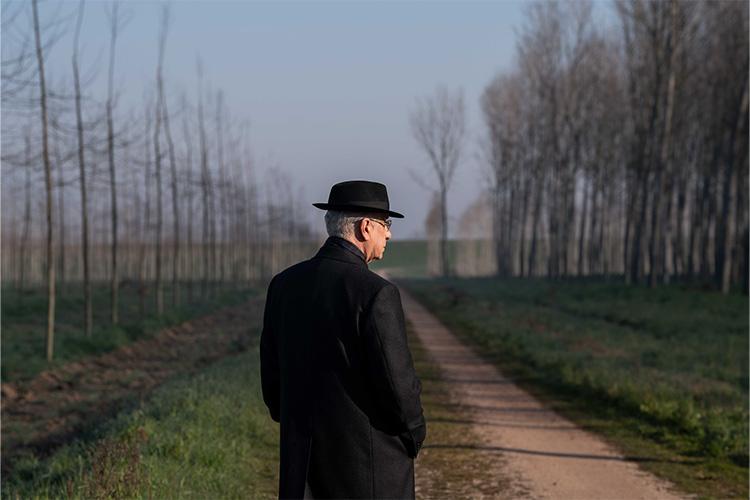Paolo Sorrentino‘s latest feature, La Grazia, is opening the Venice Film Festival this evening.
Toni Servillo and Anna Ferzetti star in the drama about an Italian president in the final six months of his last term who faces some deep moral decisions including two potential pardons and the question of signing a bill legalizing euthanasia.
La Grazia, written and directed by Sorrentino, re-teams him with longtime muse Servillo who also starred in the filmmaker’s Oscar-winner, The Great Beauty.
So far, there’s largely high praise for La Grazia, which is running in competition. Here are some early reactions:
In his review, Deadline’s Pete Hammond wrote, “Clearly the current political winds in both Italy and America have got this masterful filmmaker again thinking about the government and what it means to be a moral leader.”
Praising star Servillo, Hammond pointed out that the actor has never been nominated for an Oscar, but “he should be for this.” Summing up La Grazia, Hammond commented, “Sorrentino has made some beauties in his career. This is one of his best.”
The Guardian’s Peter Bradshaw gushed that Sorrentino “has rediscovered his voice, his wan humour and his flair for the surreal and sensational set piece; this wintry, elegant movie is a welcome reassertion of his natural style after the facile and weirdly humourless affectations of his previous, very disappointing film Parthenope.”
Continued Bradshaw, “Maybe this film, concluding as it does on a distinctive note of euphoric sentimentality, does not add up to quite as much as the director thinks; but it intrigues, it exhilarates and it shows that Sorrentino is Italian cinema’s heir to Antonioni.”
For The Playlist, which gave La Grazia a B, the film is “a compelling watch” that “embodies much of the Sorrentino appeal, even if it registers in more of a minor key for the Italian auteur. The film is playful when it wants to be and pensive when it needs to be.”
The Film Stage cited “Sorrentino’s trademark visual flair,” opining that “fans of The Great Beauty will likely enjoy this artfully rendered, contemplative, if not truly incisive drama.”
The Film Stage added, “Narrative shortcomings notwithstanding, La Grazia is never a chore to sit through. Lensed by Daria D’Antonio, it boasts lush, lyrical images that hug your eyeballs like a blanket.”
IndieWire went in the opposite direction, calling La Grazia “uncharacteristically sedate and sexless” and “a deliberate curveball from modern Italian cinema’s most unbridled maximalist“ that “feels like forced Catholic penance for the Neapolitan flesh parade of last year’s poorly received Parthenope.”
Italian film magazine Ciak commented that, “Above all,” Servillo “shines, stratospherically bringing life and soul to a character who seems to have lost his life and soul to regrets about the past, a life never fully lived.”
La Grazia is a Fremantle movie produced by The Apartment, Numero 10, and PiperFilm, which will distribute in Italy. Mubi owns worldwide rights, excluding Italy. The Match Factory is handling international sales.
Born in Naples in 1970, Sorrentino’s credits include The Consequences of Love and The Family Friend, which both competed for the Palme d’Or in Cannes in 2004 and 2006 respectively, while his film Il Divo won the Jury Prize in 2008. He returned In Competition at Cannes in 2011 with This Must Be the Place and two years later with The Great Beauty, which won an Academy Award, a Golden Globe and a BAFTA award for Best Foreign Language Film as well as three European Film Awards. His last feature Parthenope debuted at Cannes in 2024.

